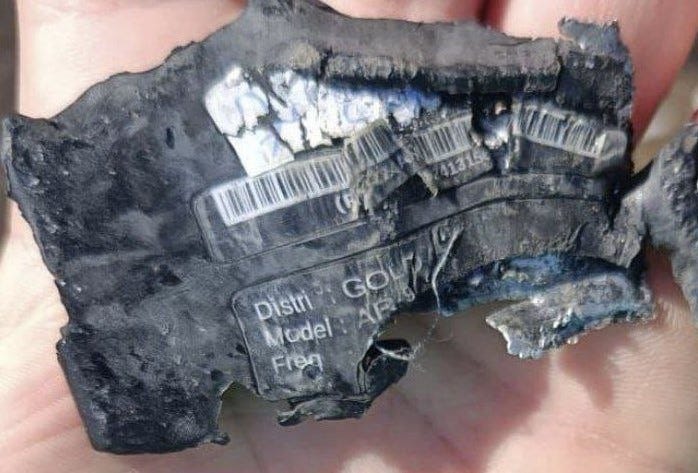Lethality Of Explosive Pagers Compares Favorably To Early Police Tasers
Israeli intentions were injurious, not fatal
“The detonations started around 3:30 p.m. (1230 GMT) in the southern suburbs of Beirut known as Dahiyeh and the eastern Bekaa valley — strongholds of the anti-Israel militant group Hezbollah,” Reuters reported yesterday. Over the course of an hour, thousands of AP924 pagers exploded across Lebanon and into Syria. They belonged to …



